
Pepe Mujica: “It is an honor to support the candidacy for the Nobel Peace Prize for Cuban doctors”.
 By Maribel Acosta Damas. Cuban journalist, specialized in Television. She is a professor at the Faculty of Journalism of the University of Havana and holds a PhD in Communication Sciences.
By Maribel Acosta Damas. Cuban journalist, specialized in Television. She is a professor at the Faculty of Journalism of the University of Havana and holds a PhD in Communication Sciences.
March 12, 2021
Translated and edited by Walter Lippmann for CubaNews.
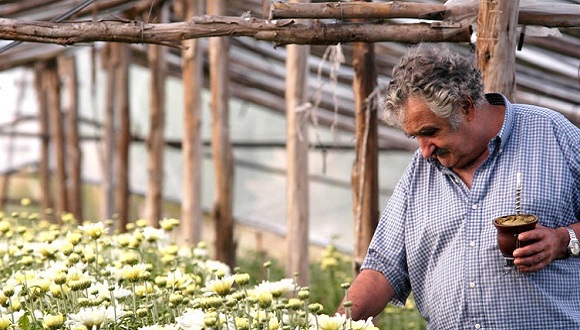
Pepe Mujica, Minister of Livestock and Agriculture in the first government of Tabaré Vázquez in 2005 and then President of Uruguay between 2010 and 2015. Photo: Resumen Latinoamericano.
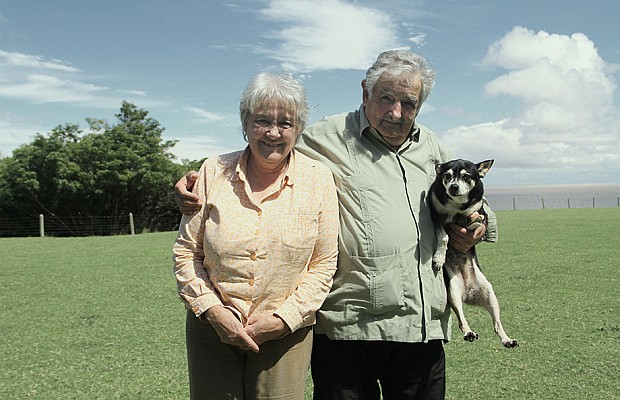
Photo taken from Cubaenresumen.org
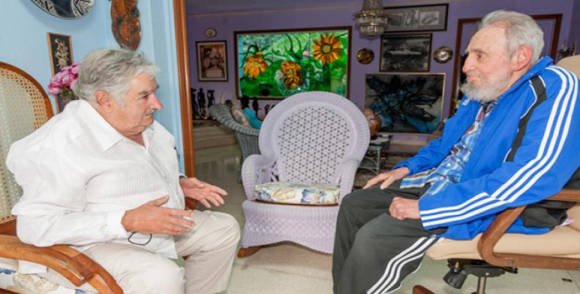
In my living room I have a picture of Che, and I have his letters in my memoirs, in a notebook. It turned out that Evo Morales wanted to make a faithful reproduction of Che’s wallet in the Bolivian guerrilla, the last one he had. Evo Morales had it made as a gift to his friends, and I have it. Inside there is also the facsimile copy of the campaign diary and a notebook… I keep it hanging… and I always show it to them when they come to visit. Che is still there. For us, it is an indelible attitude, no matter how much time goes by…
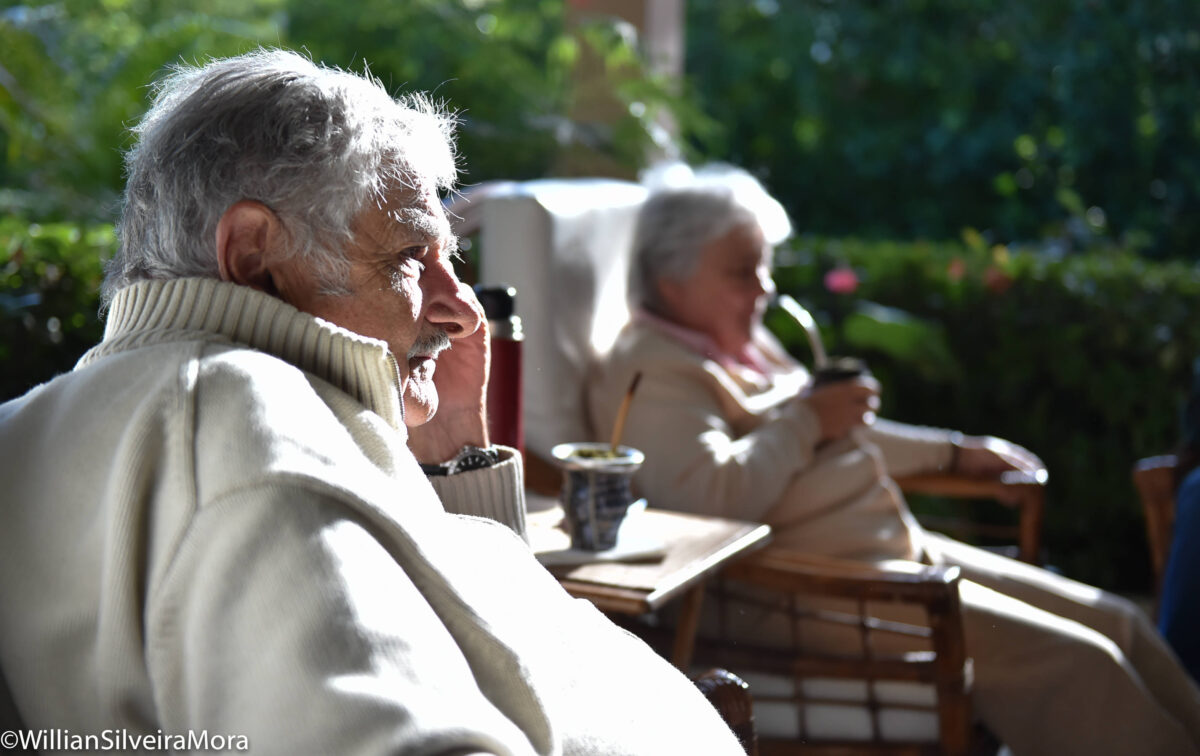
José “Pepe” Mujica and Lucía Topolansky at the Uruguayan ambassador’s residence in Havana, January 25, 2015. Photo: William Silveira Mora
We receive all this when we are born. So we have to try to leave something behind for those who will come after us. The world will not improve if there are no people who are concerned about its improvement. The world improves because of the work of people who make an effort.
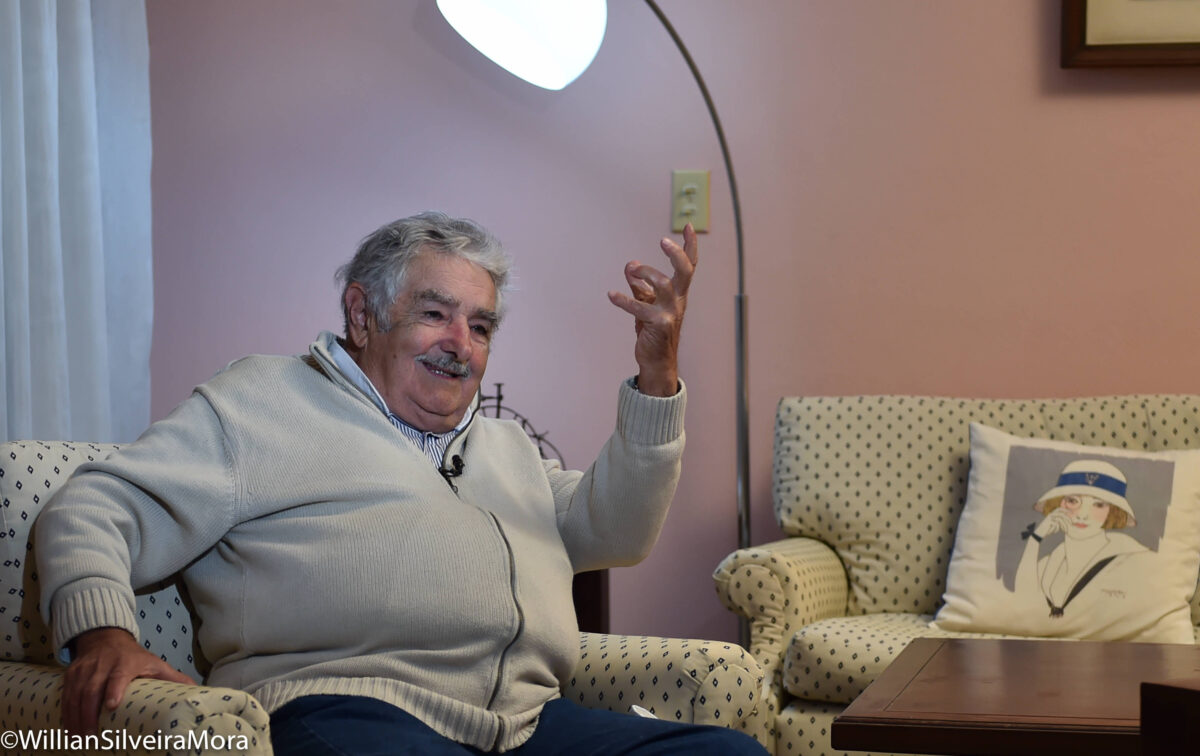
Pepe Mujica gives an interview to Randy Alonso Falcón for the Round Table, Havana, January 25, 2016. Photo: William Silveira Mora
Now there is the internet, there is the university, so it is as if the old people are superfluous, they are left over… It is a world that only wants young people, absolutely young, and then the old men and women disguise themselves to look younger. They all want to be young and they revoke themselves: they dye their hair, they remove wrinkles, they bother with fatness… in short…
Old people are on the way to being discarded. However, sometimes old people see farther because they have lived longer and if they are not yet crippled they have the function of trying to tell things to younger people that probably they are not going to understand them at that moment, but one day they will realize that they did not see part of reality… In Asian villages there is a great reverence for old people, but in Western villages there is no reverence. That is why it is good to retire…
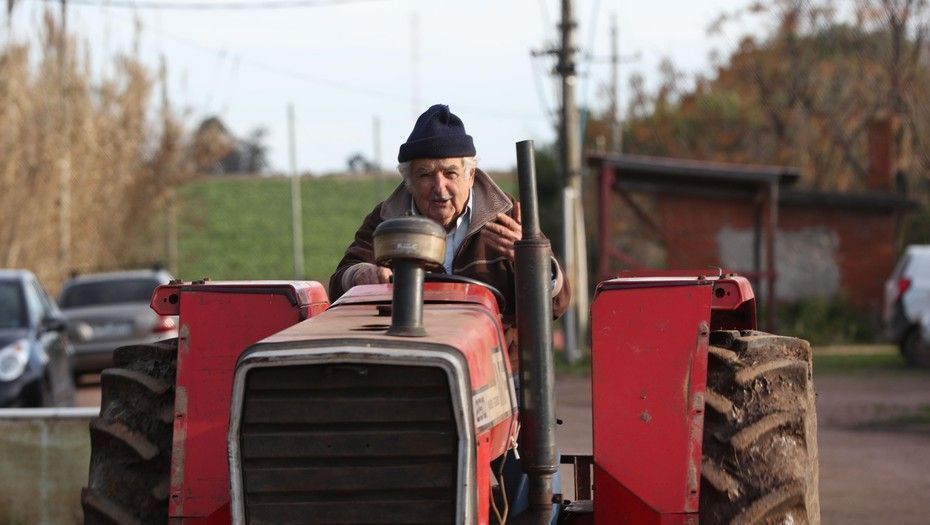
The former Uruguayan president is known for his modest lifestyle and direct speech. Photo: EFE

You must be logged in to post a comment.